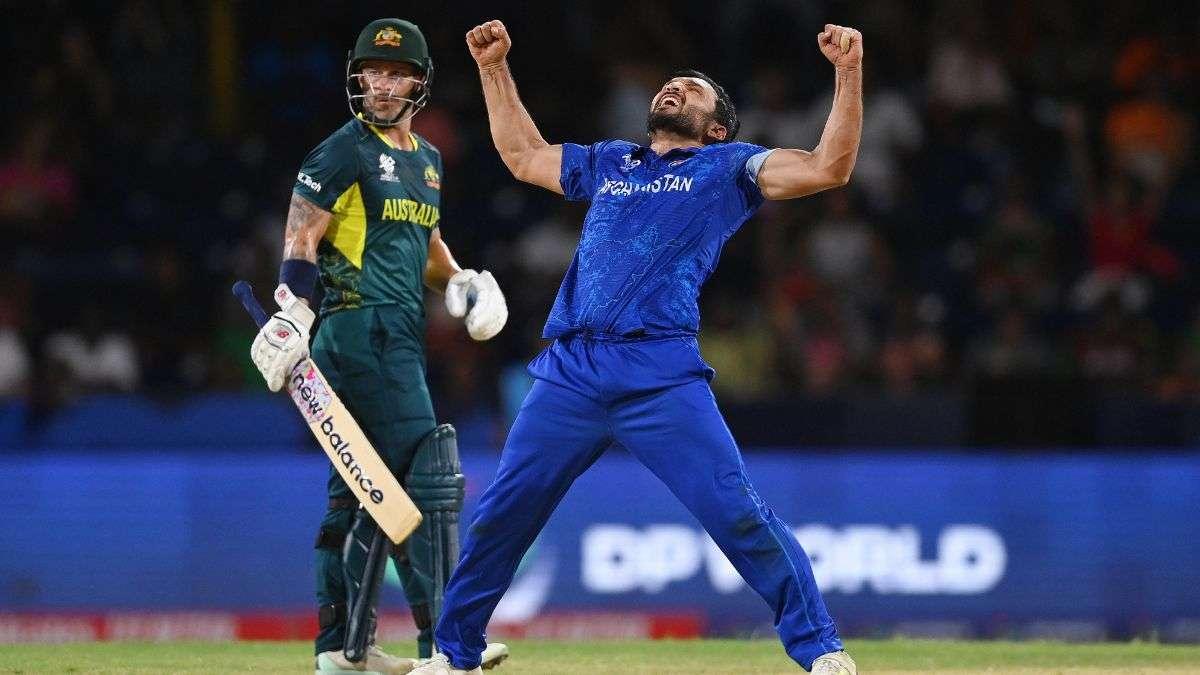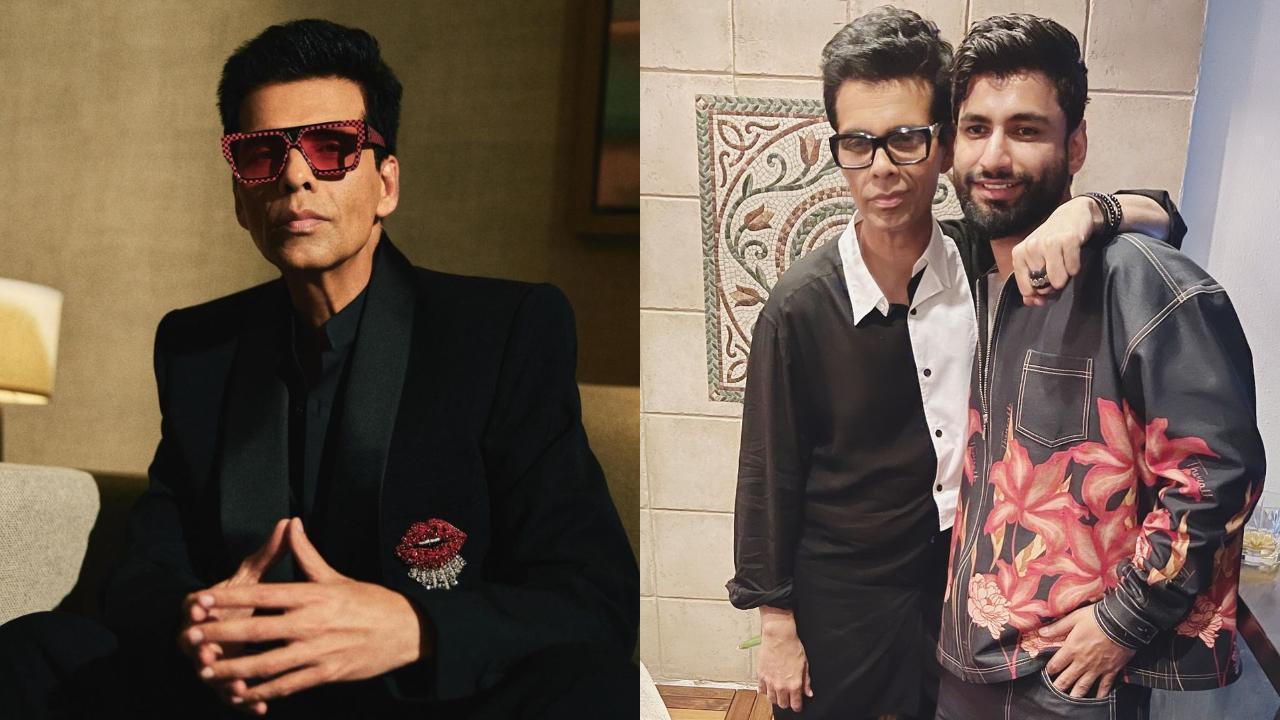
Cricket Australia (CA) reaffirmed its stance on bilateral cricket with the Afghanistan Cricket Board on Wednesday, July 3, making it clear that they will continue their policy of ‘no bilateral cricket with Afghanistan’ due to the Taliban government’s unfair stance on women’s rights in recent years. This decision underscores CA’s commitment to supporting gender equality and ensuring human rights are upheld within the sport.
In the past few years, the Australian cricket team has backed out from several scheduled bilateral series with Afghanistan. However, this policy has not prevented them from facing Afghanistan in International Cricket Council (ICC) events. Recently, Australia faced a significant setback when they suffered an embarrassing 27-run loss to Afghanistan in the Super 8 fixture of the ICC T20 World Cup 2024. This defeat sparked a debate among cricket enthusiasts and prompted some to suggest a return to bilateral cricket between the two nations.
The discussion about bilateral cricket took a new turn when seasoned Australian cricketer Usman Khawaja called CA’s stance ‘a little bit hypocritical,’ pointing to the fact that the Australian team had failed to reach the semi-finals of the latest T20 World Cup. Addressing the controversy, CA’s chief executive, Nick Hockley, made it clear that the position remained unchanged and that there would be no bilateral cricket with Afghanistan despite ongoing and regular communication with the Afghanistan Cricket Board.
“They [Afghanistan] had a fantastic tournament with phenomenal players, and they played with great passion and spirit,” Hockley remarked. “Regarding our bilateral matches, we have consulted extensively with stakeholders, including the Australian government, and chose to postpone our last couple of series with the Afghanistan Cricket Board on human-rights grounds.”
Hockley emphasized that CA’s decision was influenced by broader considerations, which included feedback from various stakeholders and alignments with Australia’s national policy on human rights. The organization hopes to see progress from the Afghanistan Cricket Board that could eventually lead to the resumption of bilateral cricket.
“We maintain a close relationship and regular dialogue with the Afghanistan Cricket Board and want to see cricket thrive worldwide for both men and women,” he added. “We hope for a level of progress, and continue to discuss and maintain contact with the Afghanistan Cricket Board, aiming to resume bilateral cricket against Afghanistan at some point in the future.
.”
The humanitarian issue at the core of this policy pertains to the Taliban government’s treatment of women, which has widely been condemned by the international community. Cricket Australia, reflecting this global sentiment, finds it imperative to uphold values that promote gender equality and human rights. The exclusion from bilateral ties aims to send a clear message regarding the importance of women’s rights in sports and beyond.
Australia and Afghanistan have encountered each other on the cricket field in six white-ball matches—comprising four One Day Internationals (ODIs) and two Twenty20 Internationals (T20Is)—all of which have been held at neutral venues. To date, they have not faced each other in Test cricket, leaving room for future potential encounters if the situation regarding human rights in Afghanistan improves.
Despite the current inability to engage in bilateral cricket, CA continues to engage with the Afghanistan Cricket Board in hopes of fostering dialogue and progress. In stating its position, CA expresses a broader hope that conditions within Afghanistan will change, allowing for a future where cricketing ties can be resumed. The organization envisions a world where all players, regardless of gender, can equally participate in the sport.
Meanwhile, related stories in the cricket world reflect other ongoing developments and significant events. For instance, India and Pakistan might face off in Lahore as the Pakistan Cricket Board submits the ICC Champions Trophy 2025 draft, awaiting the Board of Control for Cricket in India’s (BCCI) consent. Additionally, the BCCI announced a victory parade in Mumbai on July 4 to celebrate the Indian team’s success in the T20 World Cup 2024. On an individual level, cricket stars like Virat Kohli and Rohit Sharma have made significant advancements in the latest ICC T20 batting rankings.
As cricket navigates through these diverse challenges and milestones, the resolute stand by Cricket Australia on human rights grounds remains a poignant reminder of how sport can serve as a platform for broader societal change and progress.










